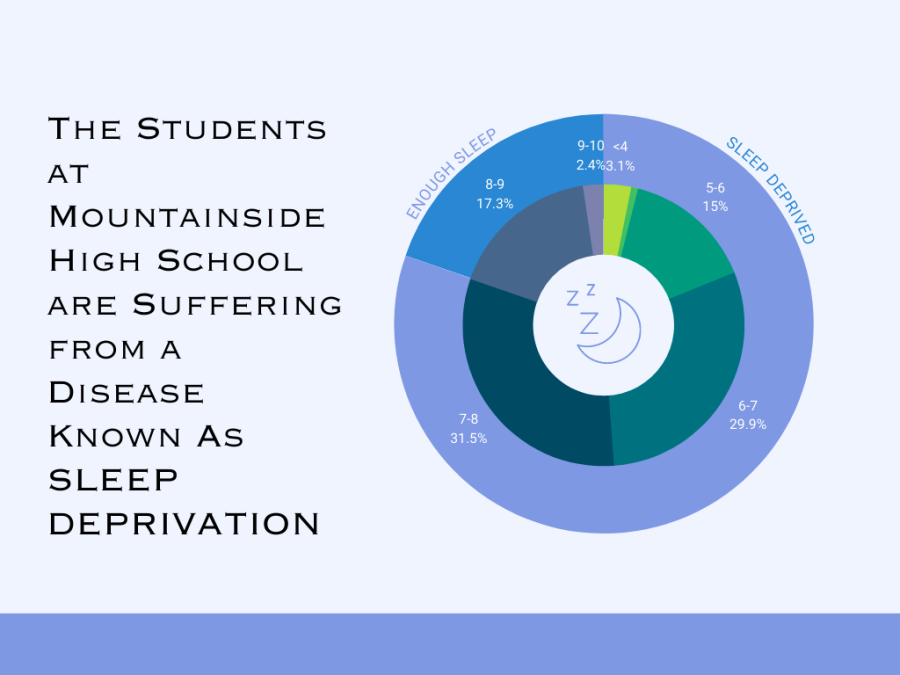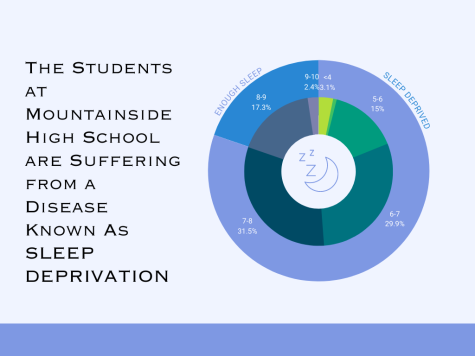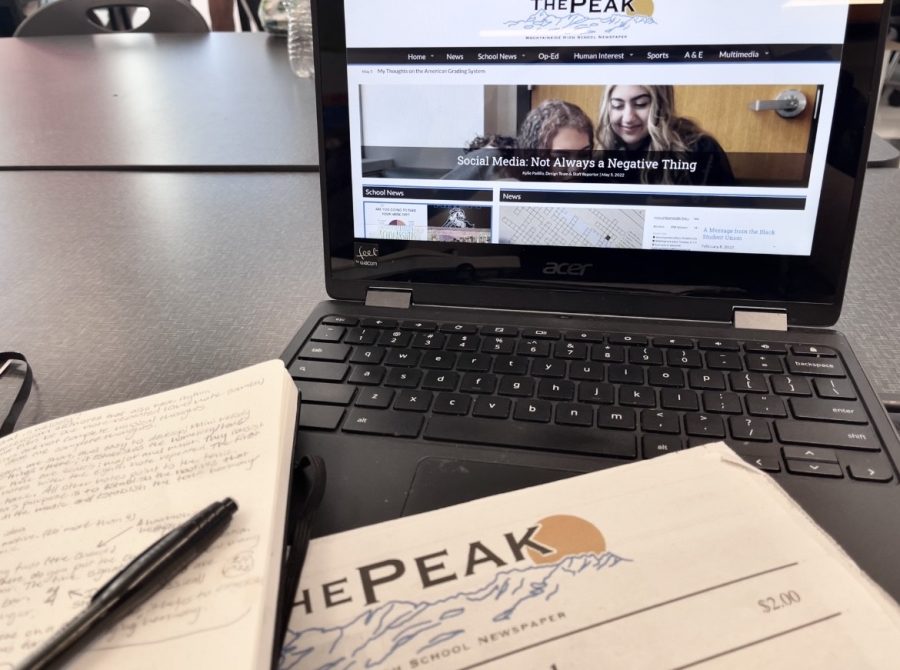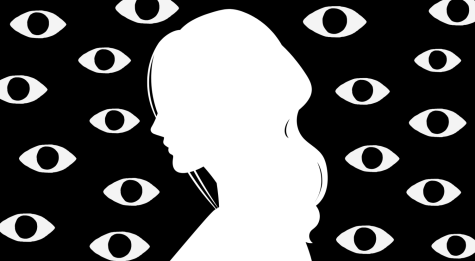The Students at Mountainside High School are Suffering From a Disease Known as Sleep Deprivation
A graph with data displaying the sleeping habits of Mountainside students.
April 3, 2023
Sleep deprivation amongst teenagers is an epidemic affecting all American teens. Teenagers need 8-10 hours of sleep a night. With schools starting at 7:45am, this requirement is commonly not met.
Sleep is a vital part of our day-to-day life. During this time, the body rests and the mind resets, preparing us for the next day. Without sleep, we simply cannot function. Short term effects of sleep deprivation include exhaustion, anxiety, and irritation, but if the issue persists, more severe effects start occurring. These include depression, obesity, diabetes, dementia, and heart problems, all leading to potential mortality.
At our school, a study was done to determine the amount of sleep students get. The study showed that about 80% of students get less than 8 hours of sleep on an average school day. With a student population of 1,800, this ends up being about 1440 students being sleep deprived, a staggering amount. Every classroom has at least one student dozing off and many more students looking ready to go back to bed. This is a major concern, as students need to be well rested to get the most out of their education. A lack of sleep affects learning quality in many ways, including attention, information processing, motivation, and more. Not getting enough sleep for a few nights really won’t produce much damage, but if the issue persists grades start plummeting.
School performance is not the only aspect of a teenager’s life that is negatively impacted by sleep deprivation. More importantly, a teenager’s mental, emotional, and physical health suffers with a lack of sleep.
In general, teenage years are a rollercoaster of emotions. Their emotional health peaks and dips and is in its most important stages of development. Sleep is an essential part in maintaining an overall healthy emotional health because without it, mood and social interactions start declining.
Mental health amongst teenagers has recently been declining. Depression and suicide rates have been going up and sleep can be an important factor in this. Studies show that getting the appropriate amount of sleep can prevent these mental health conditions. The depression rates would go down and Gen-Z would be back on track for success.
There are a few ways physical health is negatively affected by sleep deprivation. More directly, the immune system is weakened leading to more illnesses, hormone regulation declines, and muscle/tissue recovery taking longer. Additionally, teens are more likely to make risky decisions and participate in dangerous activities. They are also more likely to get into accidents leading to severe injuries and potentially death. All of these negatively impact physical health.
School start times are not something that we, as students, can change so we need to accommodate. Realistic methods to improve sleep are developing a bedtime routine, having a comfortable bed, keeping your bedroom cool, dark, and quiet, and making sure you are going to bed at a time that will allow for 8 hours of sleep at the minimum. It is also recommended to not be on electronic devices 30 minutes before sleep.
Sleep is as important as food and water therefore maintaining good sleep hygiene is vital. Teenagers are especially prone to negative impacts of sleep deprivation, therefore developing good sleep habits during these years is essential.































